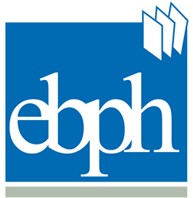Communication in environmental epidemiological studies
DOI:
https://doi.org/10.2427/5905Keywords:
ethic principles, ethic virtues, communication;, participatory research, community involvementAbstract
Communication in public health has been, since the Fifties, the object of debates and ethical reflection. In more recent years it has received particular attention, due to the increased diffusion of information and requests for an increased participatory approach in our societies. The purpose of this paper is to illustrate the process of communication in two environmental epidemiology investigations; along with a discussion of ethical principles and guidelines. The first case-study is an epidemiological study about a resident population close to a power line, exposed to high levels of 50 Hz magnetic fields. A relationship between the investigators and community has been in existence since the very beginning of the study, with communication occurring at both the individual and group levels and at different times during the study: it is an example of “participatory research”. The other example is an epidemiological study concerning the health impact of waste management in a part of the region of Campania, defined as a site of national interest for environmental reclamation, due to the illegal practice of waste management, including dumping of toxic wastes. In this case, communicating with the population turned out to be quite difficult, and a specific communication program remains necessary. Environmental epidemiological studies, such as the aforementioned examples, and in general public health studies, require a conceded effort from the very beginning by researchers to communicate with the interested communities, creating in itinere moments of individual and group communication. The relationship between the community and the investigators must be characterized by mutual listening, transparency and respect for self-autonomy.Downloads
Download data is not yet available.
Downloads
Published
2007-01-01
How to Cite
Fazzo, L. (2007). Communication in environmental epidemiological studies. Italian Journal of Public Health, 4(1). https://doi.org/10.2427/5905
Issue
Section
Long Paper





